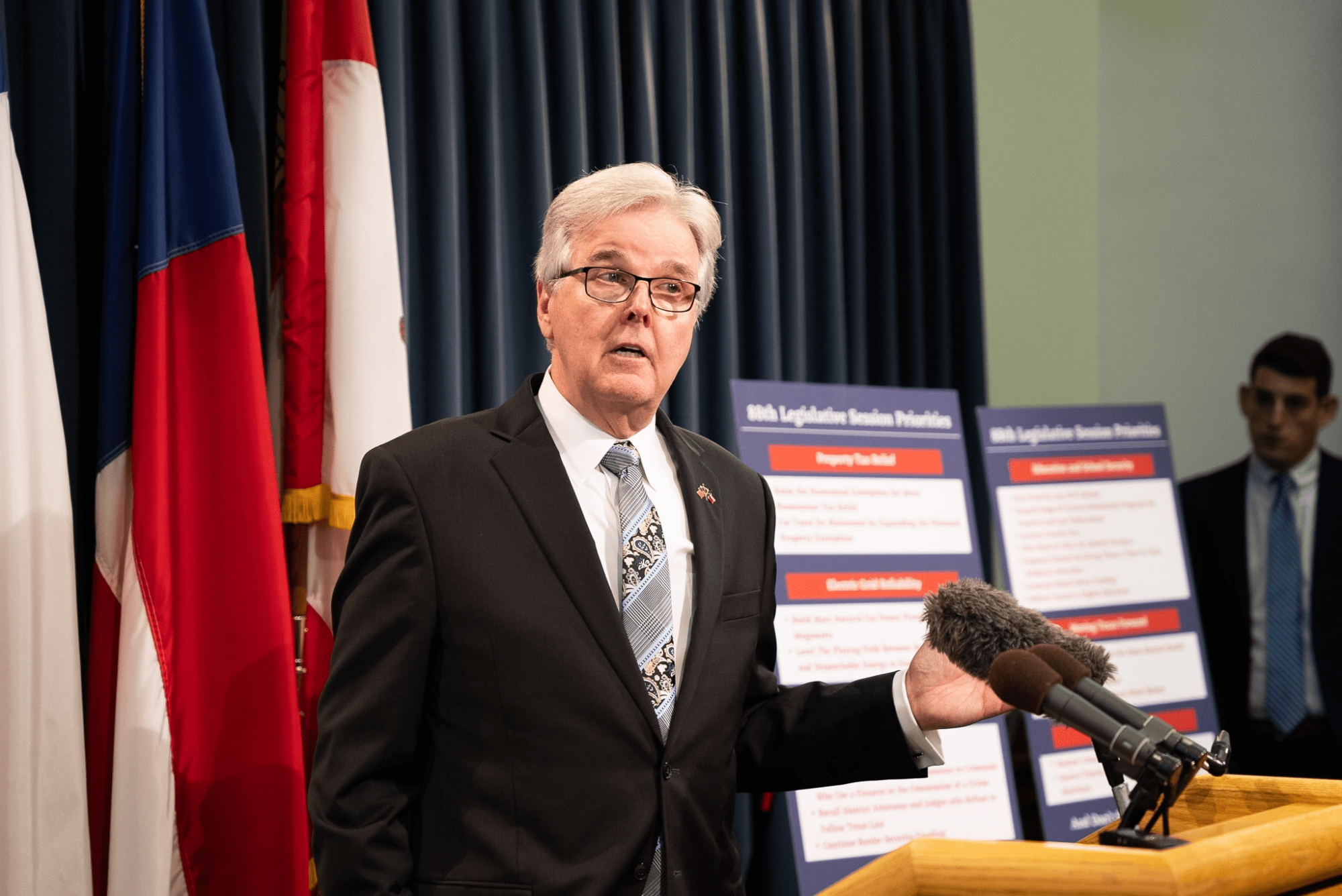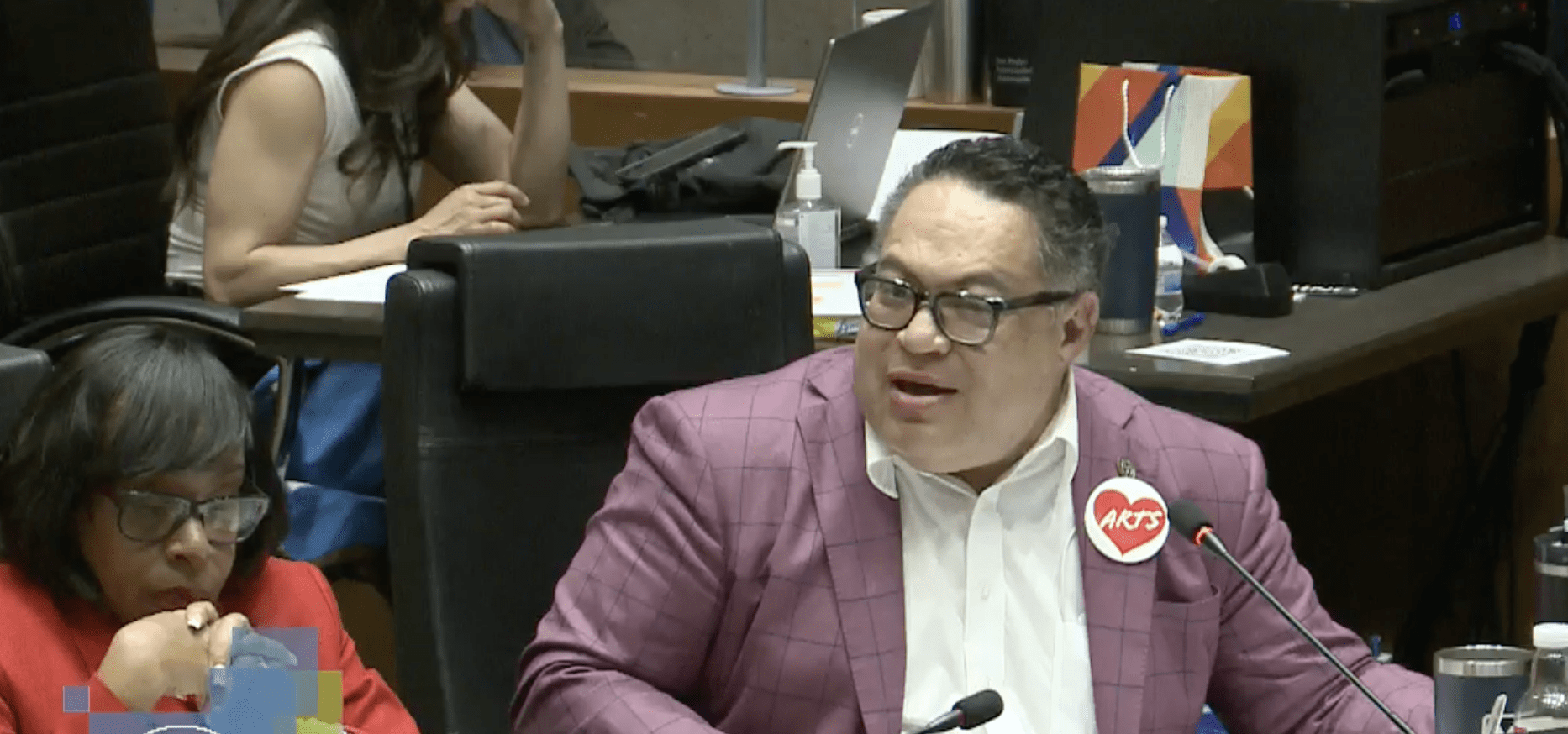There are many measures by which this legislative session will be judged, but no measure is more important than their success in reforming the very operating systems of government in Texas.
As the great Sam Houston put it, “A leader is someone who helps improve the lives of other people or improve the system they live under.”
By that measure—improving “the system” under which the people live —the Texas House is poised to fall well short of success.
[side_text] The successful legacy of this legislative session will be determined in large part by the willingness of lawmakers to deal not only with temporal concerns, but forward-looking reforms to restrain government and expand liberty.[/side_text]After all, no reform is more impactful than constitutionally limiting the growth of government. That’s why it is embedded in the Republican Party of Texas’ platform. That’s why 94 percent of Republican primary voters supported the measure on their May 2012 ballot.
It’s a reform that Gov. Greg Abbott and Lt. Gov. Dan Patrick championed in their 2014 campaigns. And it is a reform that the Senate has successfully passed in the form of Senate Bill 9 by State Sen. Kelly Hancock of Tarrant County.
SB 9, like so many other reform measures passed by the Senate, is gathering dust on the desk of House Speaker Joe Straus. He is refusing to do his job and refer the reforms to committees for public hearings and votes.
Joe Straus is obstructing the one reform that conservatives agree would most positively improve government.
Want to eliminate the burdensome franchise tax or property taxes? Limit the growth of government and use surpluses to “make up the difference” on tax elimination, or return that money to taxpayers. Want to ensure dollars are being used for the most efficient and effective programs? Limit government so programs must compete for available funds.
Some House members will say the current budget comes in under the “population and inflation” measurement. That may or may not be true; the budget won’t be finalized for several weeks.
Even then, the reform championed by conservatives isn’t about a particular budget; it is about reforming the approach of government to its size and scope. It is about limiting government, and freeing the citizens.
Limiting the unchecked growth of government in the years ahead? That appears to be a bridge too far for Straus and his grow-government cronies. Since he became speaker in 2009, Straus has refused to allow public debates and action on these reforms.
With 36 days left in the legislative session, members of the Texas House have a simple choice: will they be remembered as either obstructing or aiding the most significant and lasting governance reform supported by a generation of conservatives.
By obstructing debate and hearings on SB 9, Straus is making it difficult for taxpayers to ascribe to House members the virtue Sam Houston described.
The successful legacy of this legislative session will be determined in large part by the willingness of lawmakers to deal not only with temporal concerns, but implement forward-looking reforms restraining government and expanding liberty.





